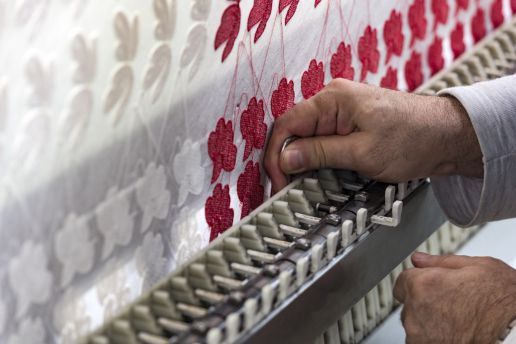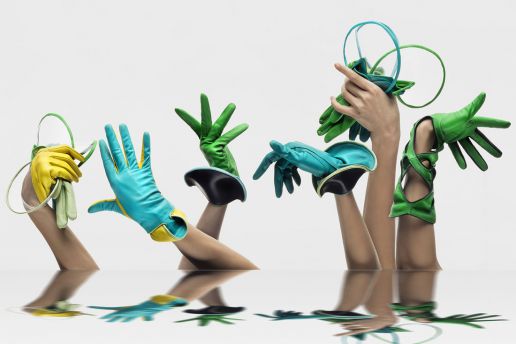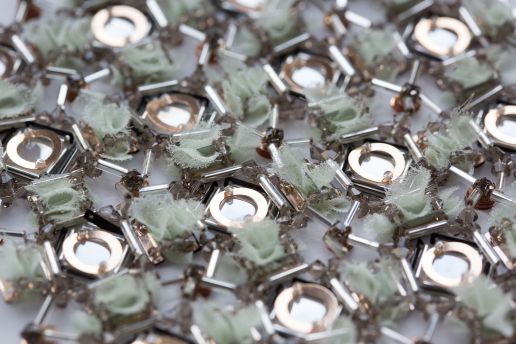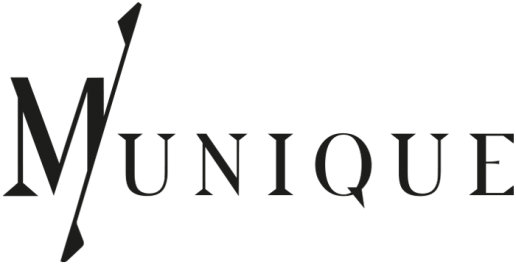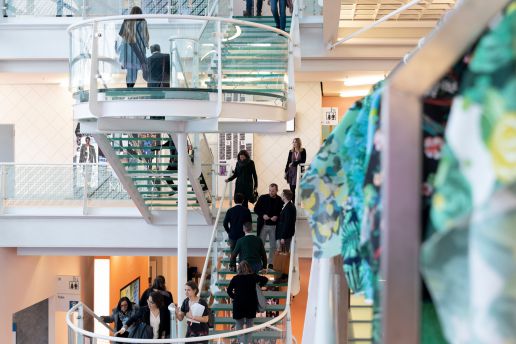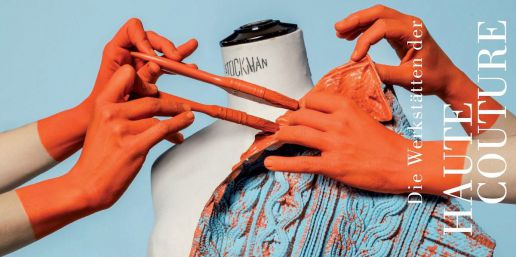Fashion Event
The Organisers of MUNICH FABRIC START in Conversation
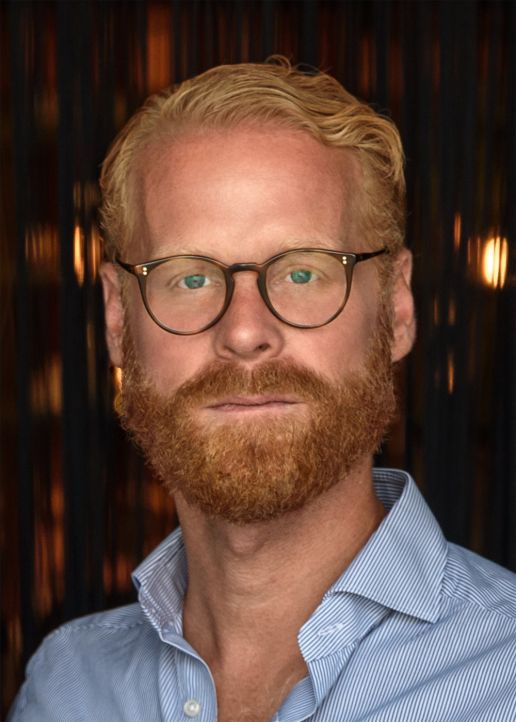
About sustainability, digitalization, transparency, the increasing demand for information and the desire to inspire.
In many areas of the textile and fashion industry, a rethinking is currently taking place. How much does this reorientation change the image of MUNICH FABRIC START?
Sebastian Klinder: We have anticipated the upcoming changes and reacted extremely progressively, very early on. With the creation of KEYHOUSE four years ago, we took a clear position and emphasized that sustainability and digitalization will change processes. That a new awareness in dealing with resources must be demanded. And most importantly, that progress and sustainability can only work in harmony. Against this background, the trade fair has developed further. Step by step. Very consistently. But always with the support and in partnership with our exhibitors and visitors. There is a great understanding and acceptance, which we experience time and time again and of course we are very grateful for this.
Frank Junker: I would like to add at this point that all these challenging issues are also about credibility. About certainty. We rely on transparency and information. We do not dictate, but instead we inspire and motivate. We want to inspire our exhibitors and visitors with the topics of the future and awaken understanding. This is also what the current leading theme ‘THRIVABILITY’ stands for.
How do you as a trade fair deal with the topic of sustainability?
Sebastian Klinder: We have set up special information points for the upcoming trade fair, staffed by specialists who will provide information and answers to fundamental questions. In addition, we have developed a very comprehensive icon label system that ensures the samples in the forums and areas are as ‘transparent’ as possible by outlining the sustainable and technical functions. This system will also provide information about the composition, origin and properties of the fabrics and additionals.
Frank Junker: We also work consistently and with great conviction to take sustainable measures in terms of equipment. For example, we use recyclable carpets, reusable, colour-neutral and high-quality materials for stand construction and in the forums. Only water-soluble colours without additives are used. The light sources are primarily energy-saving. In terms of gastronomy, we take care to source locally from the region.
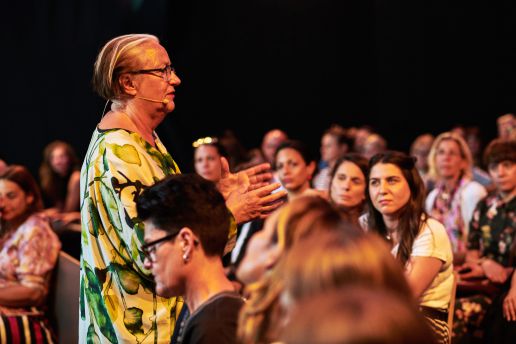
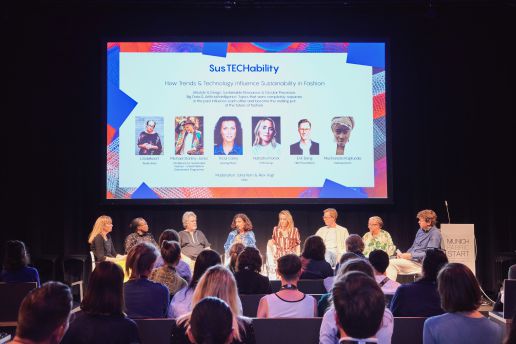

Is there a risk that with all these overarching themes, fashion, trends and the product… is neglected?
Sebastian Klinder: Amidst current media coverage and the numerous strategically dominated discussions, the impression can easily arise that the heart of MUNICH FABRIC START, namely the fabric and the fashion trends launched with it, will be pushed into the background. This is not the case. In our thinking, in all our forums and installations everything revolves around the fabric and its significance for one of the largest and most important industries worldwide – only much more complex than in the past. More than ever, it is about an integrated offering that is now broader. Ultimately, it’s about circular economy in the best sense along the entire textile pipeline reaching retailers and thus also the consumer. It is important to depict this complexity.
MUNICH FABRIC START offers a very comprehensive event programme supported by experts.
Frank Junker: These proven seminars, one of them being the trend lecture by Li Edelkoort which will now take place for the sixth time, as well as the numerous international panel discussions and keynotes in KEYHOUSE and BLUEZONE are attracting more visitors from season to season. This large and positive response shows very clearly how important high-quality, condensed information is – and thus ultimately communication. We at MUNICH FABRIC START see ourselves as initiators of a business platform for the industry. Our task is to initiate holistic cooperations and to set impulses. And last but not least, in cooperation with strong partners, to provide answers to the questions of tomorrow.
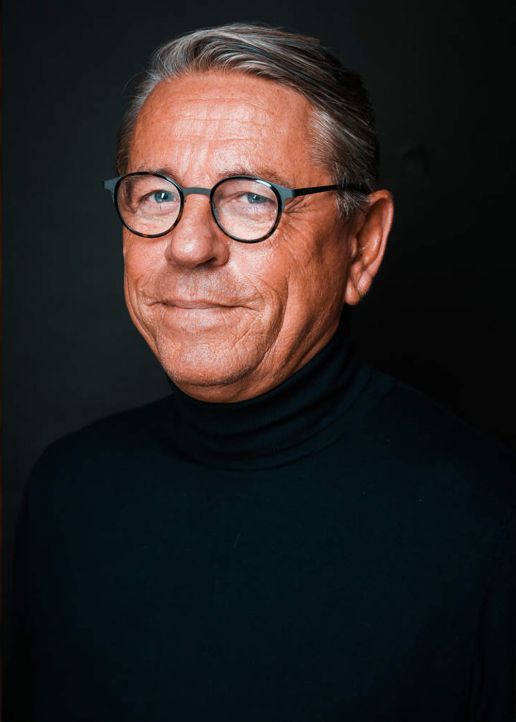
The Workshops of Haute Couture
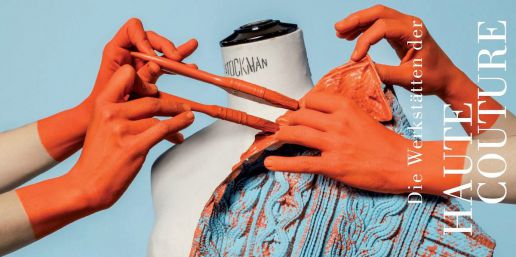
On the last evening of the MUNICH FABRIC START, Thursday, 5 September 2019, the exhibition “The workshops of haute couture” opens its doors at 6.30 pm in the Galerie Handwerk in Munich.
The exhibition presents those fields of art that contribute significantly to the magic, the reputation and the fascination of haute couture. There are also three companies present at the MUNICH FABRIC START: Rosenfelder Knopffabrik, Tissage des Chaumes and Maison Sophie Hallette. Rosenfelder stands for high-quality products and for new developments in the area of buttons and additives. Buttons from Rosenfeld adorn the haute couture collections of Chanel and Chloé as well as other renowned fashion houses. Production takes place in Germany. Tissage des Chaumes is a recognized textile company with unique expertise in luxury hand weaving. In its more than 100 years of existence, the company has become an icon for all luxury brands around the world. The story of Sophie Hallette’s house was woven in collaboration with the top names of 20th-century haute couture, and continues to this day with young couture and contemporary designers. For more than 130 years, the House of Sophie Hallette has passionately and persistently created unparalleled tulle and laces designs that inspire haute couture, ready-to-wear, decorative and luxury lingerie designers from around the world.
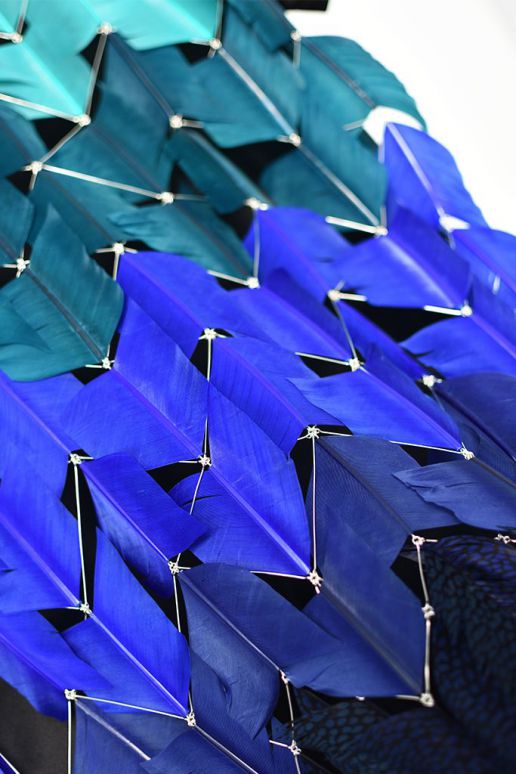
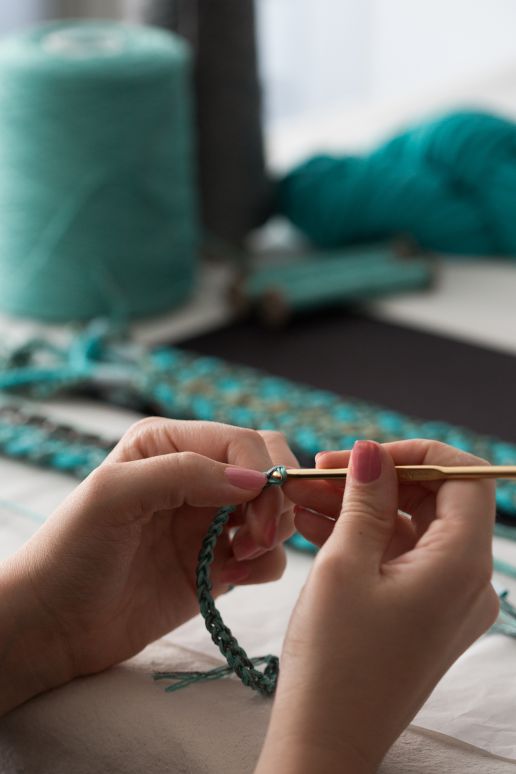
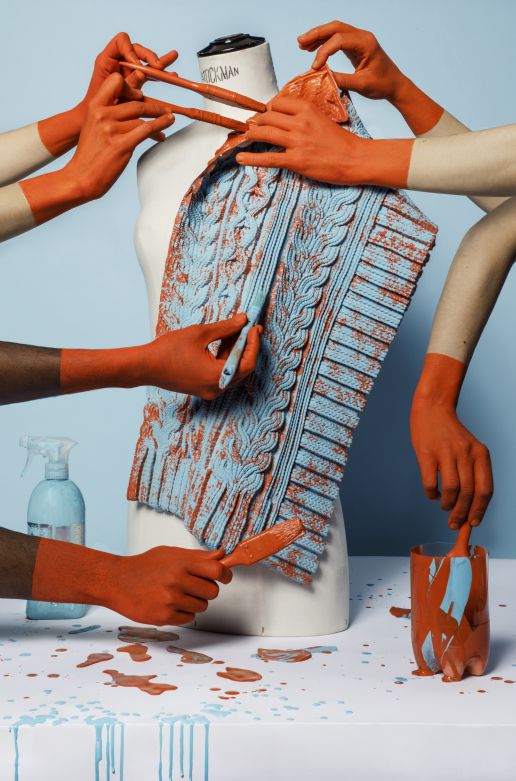
In total, 26 companies are involved in the exhibition. The different areas are presented such as artificial flowers, feathers, pleats, buttons, borders, embroidery, lace, leather processing, fabric design and refinement as well as weaving, knitting, braiding. In addition, works from the ateliers of couture, the hat maker and shoe designers are presented. The aim of the exhibition is to support both the continuation of these traditions and to document the pursuit of new paths and innovations. The exhibition broadens and concerns the individual, hand-stitched production of fashion and accessories in general. In addition to couture ateliers from Munich, other ateliers from Germany, England, Switzerland, the Netherlands and Italy will be presented.
The Chamber of Crafts for Munich and Upper Bavaria is the largest chamber of trade within Germany, in which craft businesses of different trades are organized. Munich is the only one of the German Chambers of Crafts that has its own gallery.
The exhibition runs until 5 October 2019 in the Chamber of Crafts for Munich and Upper Bavaria, in Max-Joseph-Straße 4 in 80333 Munich.
